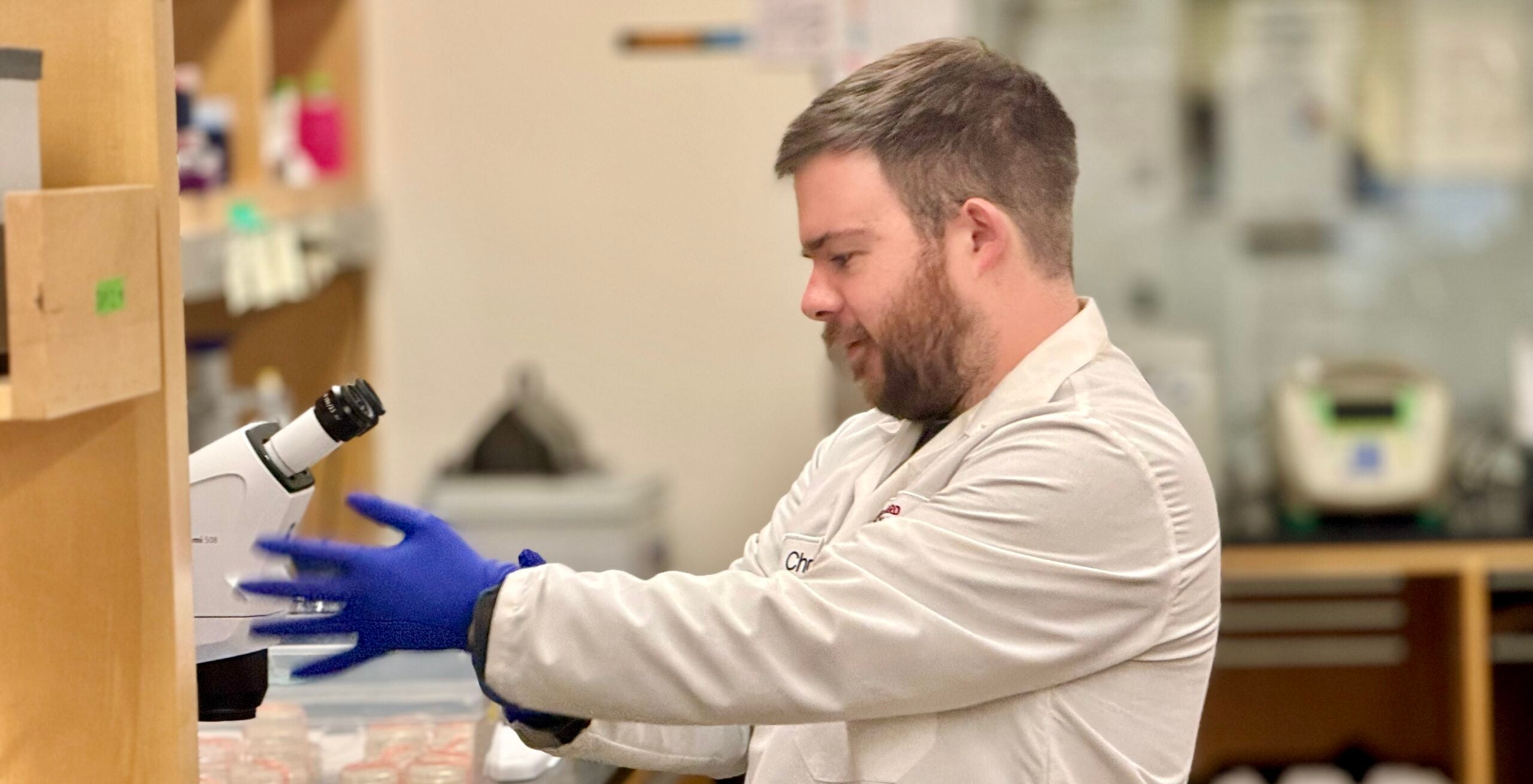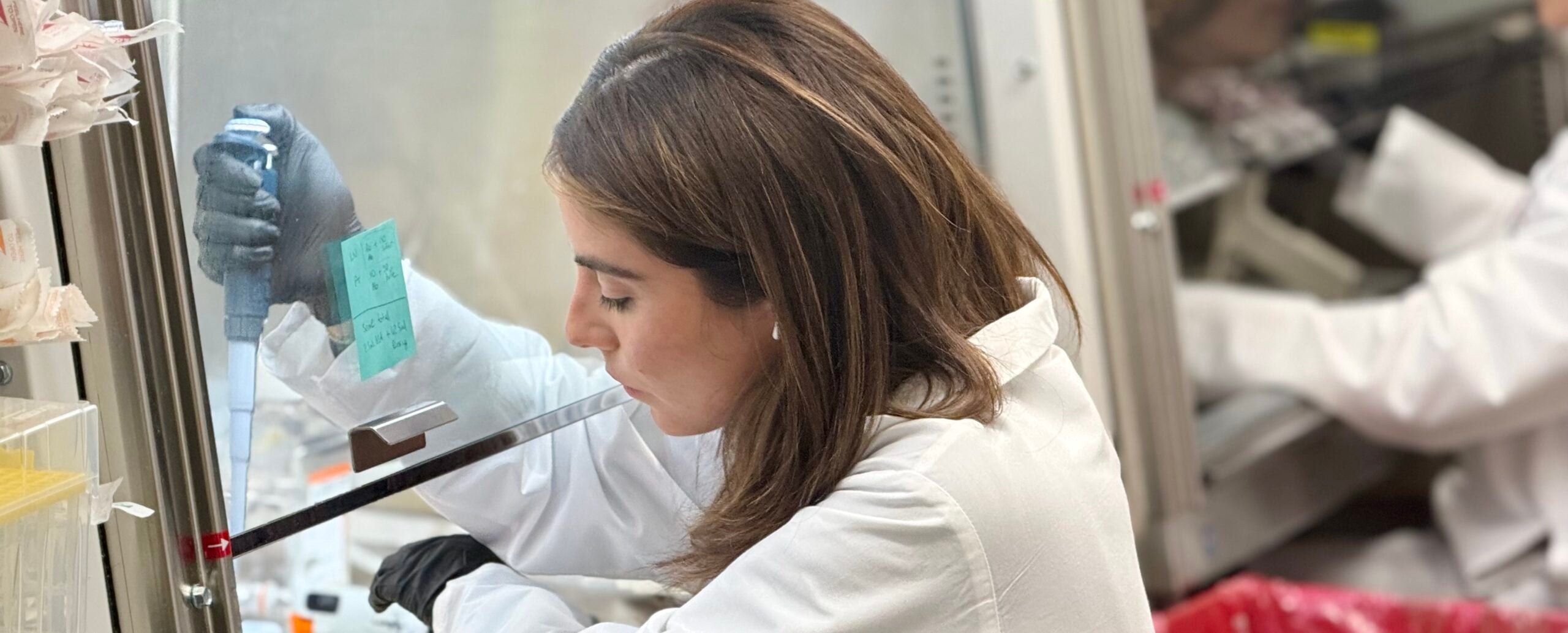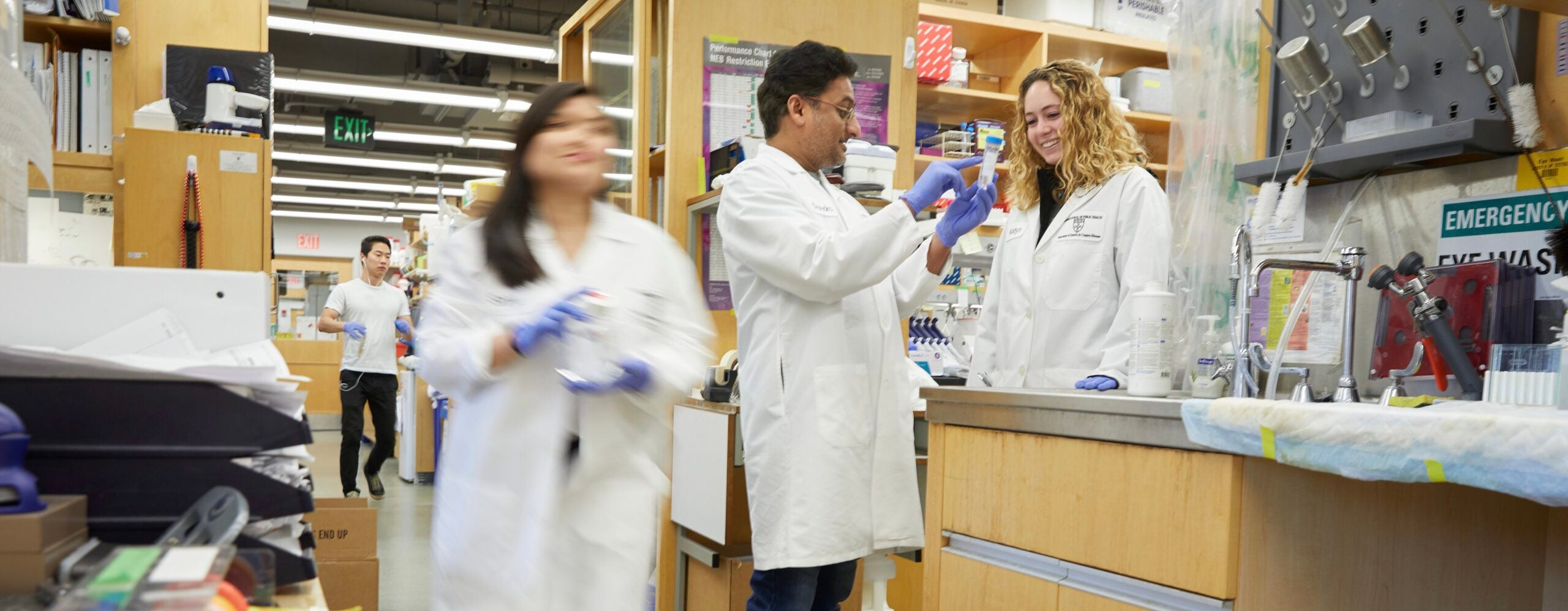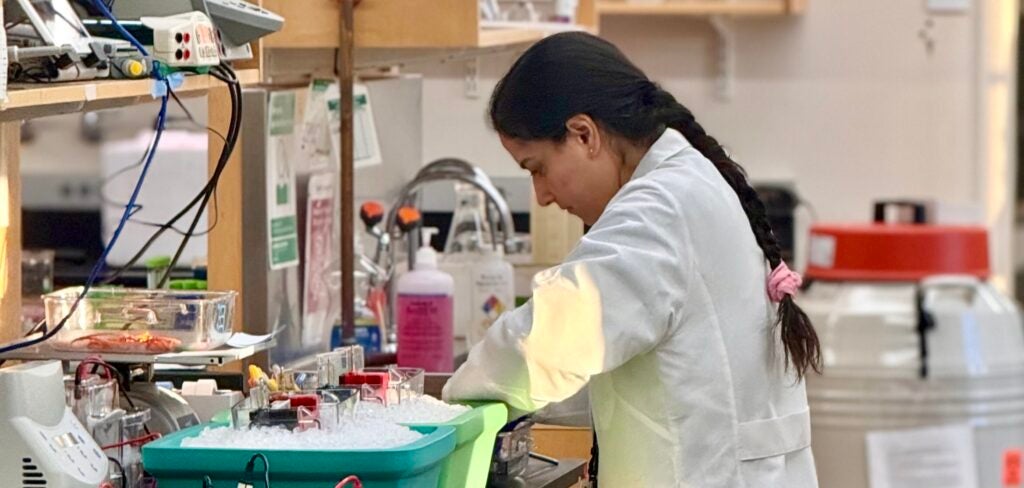Department of Molecular Metabolism
Researching the complex interplay between the major factors underlying metabolic health and disease, including diet, age, environment, and genetics, for the prevention and treatment of widespread chronic diseases.
665 Huntington Avenue
Building 2, 1st Floor

The Department of Molecular Metabolism (MET) at Harvard T.H. Chan School of Public Health is an interdisciplinary life sciences department with world-renowned research and training programs.
Metabolism and metabolic dysfunction at the cellular and systemic level underlie human health and disease. MET faculty lead research teams that are unraveling the molecular mechanisms through which metabolic processes are controlled and coordinated with other physiological activities and uncovering how defects in these control mechanisms contribute to the most widespread public health threats, including cardiovascular disease, obesity and diabetes, inflammatory diseases, neurological disorders, and cancer.
Due to dietary and environmental factors and an aging population, these chronic diseases of metabolism are increasing in prevalence and severity and account globally for the majority of human morbidity and death. It is the central role of metabolism in human health and disease that drives the diverse and impactful research questions that MET is tackling.





Welcome from the Chair
Elucidating how we sense and respond to nutrients and other environmental factors to properly control metabolic processes is pivotal to defining how the risk factors revealed through epidemiological studies contribute to the onset or course of human diseases.
Brendan Manning, PhD
Chair of Department of Molecular Metabolism
The expanding Molecular Metabolism network
At the forefront of interdisciplinary research, the MET department is dedicated to addressing critical issues in metabolism and its impact on health and disease. Our labs employ cutting-edge approaches to unravel the complexities of metabolic processes.
Our teams foster a vibrant research community engaged in numerous collaborative projects. As a central hub for metabolism research and training at Harvard, MET actively promotes cross-disciplinary collaborations and discussions, driving innovation and advancing our understanding of metabolism in human health.

Degree Program
The Biological Sciences in Public Health (BPH) PhD program plays a crucial role in our department by cultivating the next generation of researchers in metabolic and molecular health. Through this program, students engage in interdisciplinary research that addresses critical public health challenges, benefiting from our collaborative network and cutting-edge resources.